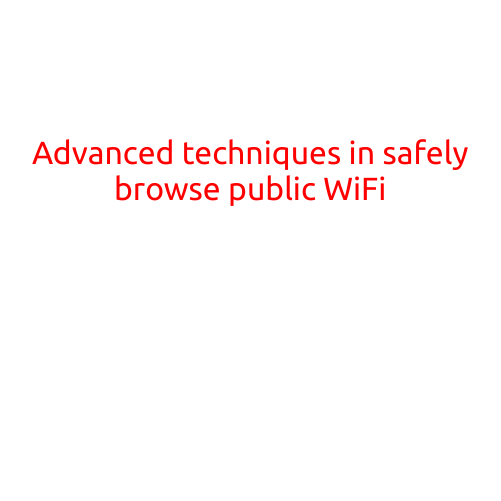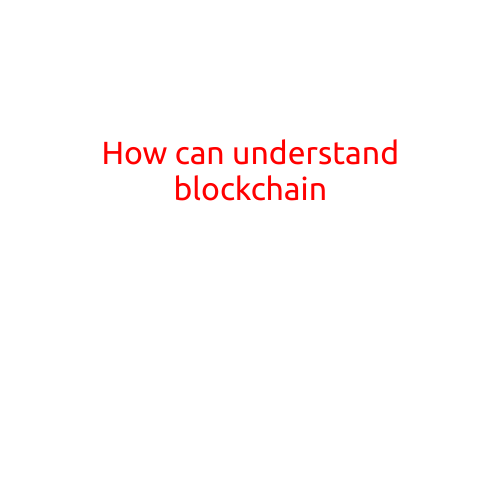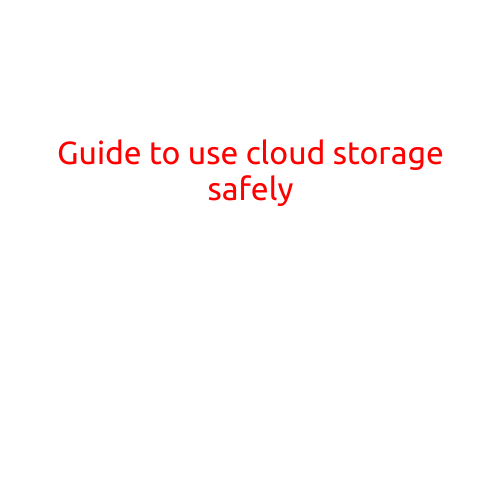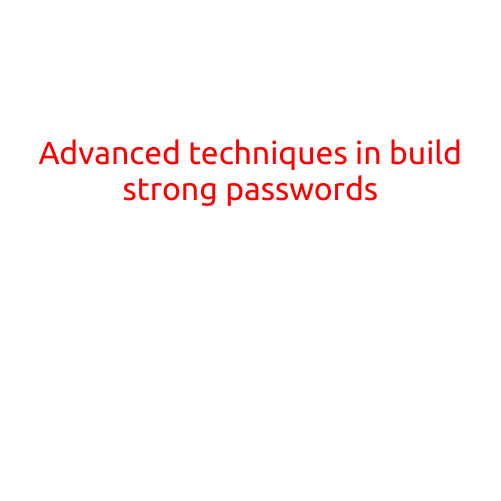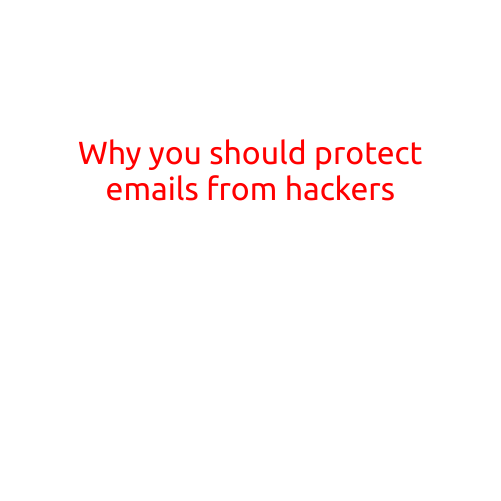
Why You Should Protect Emails from Hackers
In today’s digital age, emails have become an integral part of our daily lives. We use them to communicate with friends, family, colleagues, and even conduct business transactions. However, with the ever-growing threat of cybercrime, it’s crucial to take necessary steps to protect your emails from hackers.
Hackers are increasingly targeting email accounts, compromising sensitive information such as login credentials, financial data, and personal identifiable information (PII). In this article, we’ll explore the risks associated with hacking and provide practical tips on how to protect your emails from these malicious attacks.
The Risks of Hacked Emails
Hackers use various methods to gain unauthorized access to email accounts, including:
- Phishing: Hackers trick users into revealing their login credentials by sending fake emails that appear to be from legitimate sources.
- Brute Force Attacks: Hackers use automated software to try different combinations of login credentials until they gain access.
- Malware: Hackers infect devices with malware, which captures login credentials or sends compromised data back to the hacker.
- Weak Passwords: Hackers use compromised passwords to gain access to email accounts.
Consequences of a hacked email account can be severe, including:
- Identity Theft: Hackers can steal sensitive information, such as credit card numbers, social security numbers, and personal financial data.
- Financial Loss: Hackers can transfer funds, take out loans, or make unauthorized purchases using compromised login credentials.
- Data Breach: Hackers can steal confidential business or professional information, leading to reputational damage or financial losses.
Protecting Your Emails from Hackers
Fortunately, there are several steps you can take to safeguard your emails from hackers:
- Use Strong Passwords: Choose complex, unique passwords for your email account and consider using a password manager to securely store them.
- Enable Two-Factor Authentication (2FA): 2FA adds an extra layer of security by requiring a verification code sent to your mobile device or authenticator app when logging in.
- Keep Your Software Updated: Regularly update your email client, operating system, and antivirus software to ensure you have the latest security patches.
- Use Caution when Opening Attachments: Avoid opening attachments from unfamiliar senders or files with suspicious extensions (e.g., .exe, .bat).
- Monitor Your Email Activity: Regularly check your email account’s activity logs to detect any suspicious activity.
- Use a Spam Filter: Install a reputable spam filter to block malicious emails before they reach your inbox.
- Back up Your Data: Regularly back up your email data to prevent loss in case your account is compromised.
- Be Cautious with Links: Avoid clicking on links from unfamiliar senders or links with suspicious URLs.
Conclusion
Protecting your emails from hackers requires ongoing vigilance and proactive measures. By following these simple tips, you can significantly reduce the risk of your email account being compromised. Remember, email security is a shared responsibility between you, your email provider, and the internet community. Stay informed, stay protected, and keep your emails secure.
Additional Resources
- Email Security Best Practices
- How to Protect Your Email from Hackers
- Email Security Awareness Training
Remember, protecting your emails is an ongoing process. Stay informed, stay protected, and keep your emails secure.
